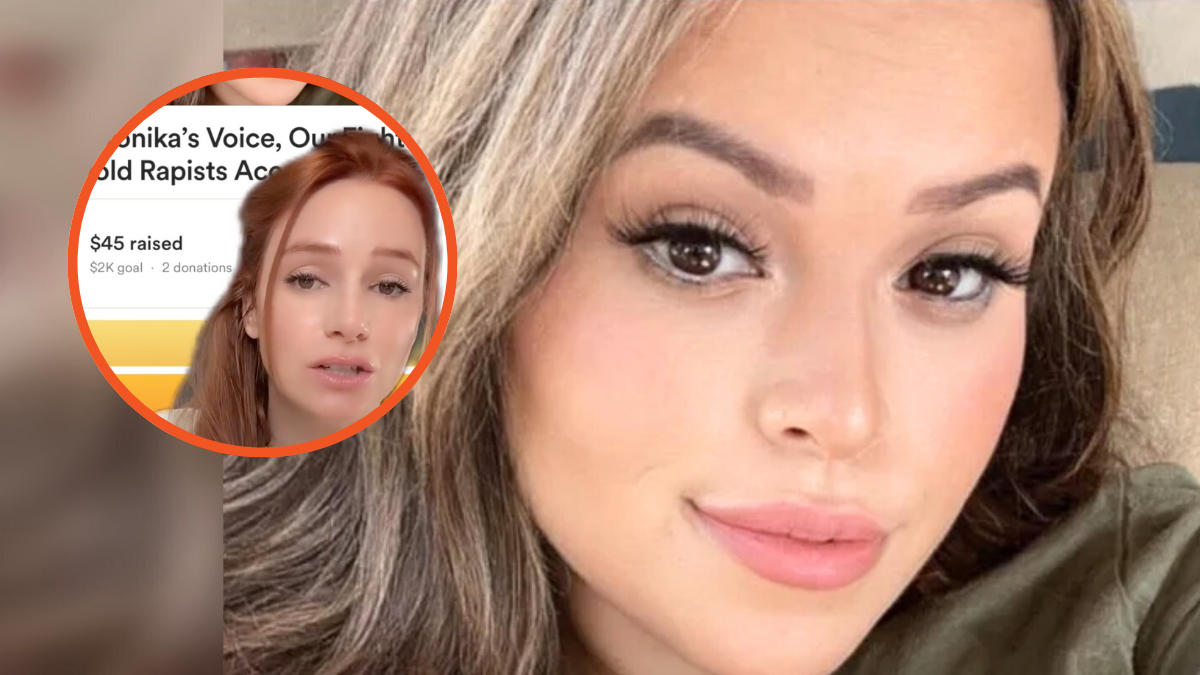Veronika Rodriguez, a 26-year-old Air National Guard employee from Annville, PA, finds herself at the center of a disturbing legal case after she alleges that she was raped by a man she met under false pretenses. According to Rodriguez, the man lied about being new to town and a doctor, which led her to agree to spend time with him. However, after several drinks, the situation escalated, and she became uncomfortable as he made inappropriate advances. In response, she began recording their conversation to protect herself.
Rodriguez claims that despite repeatedly saying “no” and asking the man to stop, the encounter continued, and she was raped. She later reported the attack to the police, but instead of receiving support, she was charged with filing a false report and wiretapping. The charges stemmed from the fact that she recorded the conversation without the man’s consent, which, under Pennsylvania law, is considered illegal in certain circumstances.
The case has raised significant public concern, particularly as Rodriguez had audio evidence of the assault, which included her clearly telling the man to stop. Police dismissed her allegations partly because she did not report the attack immediately and because she had initially told someone the encounter was consensual—something that is not uncommon for rape victims. Furthermore, despite her bruises and the disturbing nature of the incident, Rodriguez continued to contact the man, even sending him a topless photo in which she mentioned being attacked. She also shared the recording with a friend who is a police officer, seeking advice.
The case has sparked strong reactions on social media, with many questioning the legality and fairness of charging Rodriguez for recording the assault. A GoFundMe campaign has been launched to help cover her mounting legal fees, which have already exceeded the original goal of $2,000, raising over $7,500.
The situation continues to develop, but it has brought attention to the complexities of consent, the challenges rape victims often face in the justice system, and the legality of recording interactions without consent in sensitive situations.




